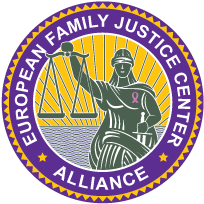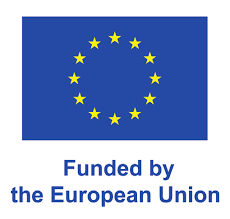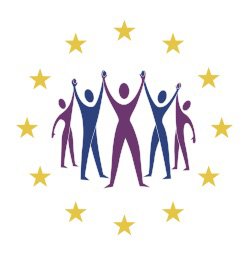Croatia
Development of feasibility model of FJC/multidisciplinary center in Croatia
Organization
Society for Psychological Assistance
Grant amount
23.959,44 EUR
Website
https://dpp.hr
Country
Croatia
Title of the project
Development of feasibility model of FJC/multidisciplinary center in Croatia
Project duration
8 months
Target groups
- Relevant stakeholders and key experts in the area of GBV and DV (social welfare system, police, justice system, victim support services, organizations working with perpetrators etc.)
- Professionals from stakeholder institutions and organizations that encounter victim/survivors and perpetrators in daily work with raised awareness on importance of trauma informed care.
Project summary
The proposed project will for the first time gather key community stakeholders who are tasked to tackling GBV/DV to work together in a timely and coordinated interdisciplinary manner to jointly work on developing a model of FJC / multidisciplinary center. The model will be based on the best practice experiences from The Netherlands and other countries where FJCs are already operational, adapting them to the Croatian legal framework and realities on the ground.
Working together as a task group key stakeholders (representatives of victim support services, organizations working with perpetrators, social welfare system police and justice system etc.) will enable identifying the obstacles and ways forward, and the developed model of a multidisciplinary center will, among other issues, include assessment of feasibility, acceptability, and sustainability of such a center.
Furthermore, stakeholders included in this process will have the opportunity through capacity building activities to improve their risk assessment for the safety of women victims/survivors and children and better recognize different faces of coercive control, including intimate partner terrorism, support victims and confront perpetrators.
The importance of trauma informed care will be emphasized among professionals in various stakeholder organizations that deal with victim/survivors, as well as guidance provided in how to introduce trauma informed care in their respective professional settings. Final feasibility model of multidisciplinary center will be widely disseminated among relevant stakeholders and professionals.
Project activities
- Development of feasibility model of FJC/multidisciplinary center on GBV and DV
- Capacity Building - Improving risk assessment.
- Capacity Building - Coercive Control.
- Awareness raising webinar -Trauma informed care.
- Dissemination of the final feasibility model of multidisciplinary center widely disseminated through partners' online platforms and professional networks.
Qualitative results
- 1 developed document for the feasibility model
- 3 partner meetings
- 4 task group meetings with stakeholders
- Up to 10 participants in the partner meetings and task group meetings
- Number of conducted capacity building trainings and awareness-raising webinar
- Up to 35 experts completing the capacity building trainings and awareness-raising webinar
- Up to 35 experts included in dissemination event.
- Level of knowledge of trainees on specific topics of GBV and DV prevention assessed via a specific questionnaire with about 8 items with numerical response scales, reaching at least 3.5 on the scale from 1 to 5 (when applicable).
Qualitative results
- Increased knowledge and skills of trainees on specific topics of GBV and DV prevention as assessed by the trainers.
- Assessed quality of and satisfaction with the trainings and webinar (where appropriate) reaching at least 3.5 on a scale of 1-5.
- Established multisectoral cooperation with the VSS and other stakeholders in the victim-safety community response.
- Relevant stakeholders introduced with the concept of EFJC and model of feasibility and sustainability of such multidisciplinary centar in Croatia
- Effectiveness of project management


